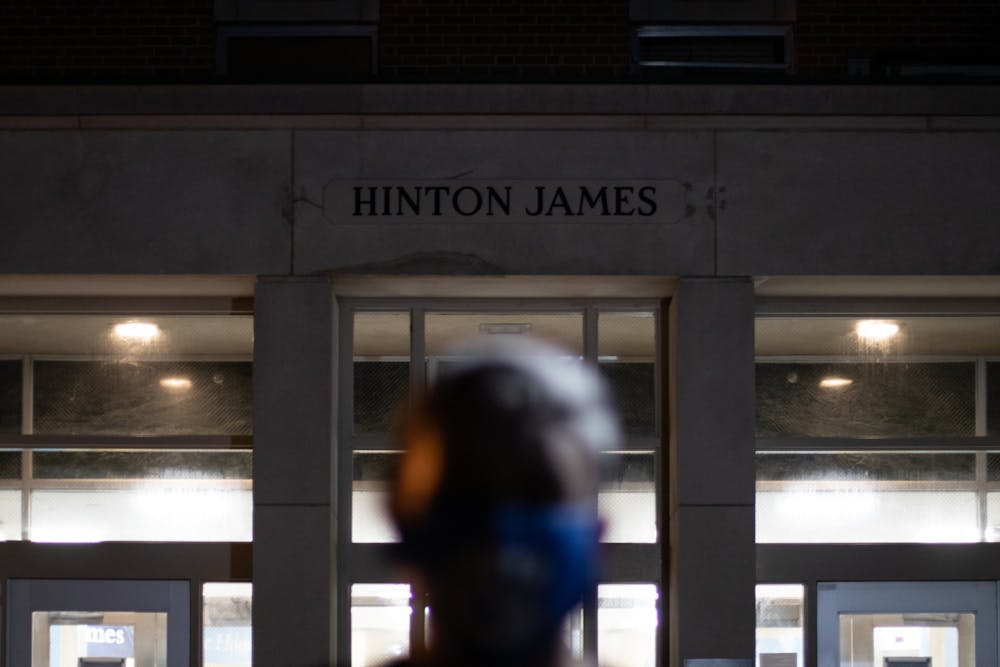Carolina Housing revised its media relations policy in November, stating that it “does not limit employees’ ability to comment on their personal experiences.”
The revision comes after months of confusion from employees about whether they could legally speak to the media when asked about the University’s COVID-19 response.
The revision clarifies that staff members may speak about personal experiences or reflections, so long as they do not share “confidential information about Carolina students or other University employees, including resident advisors."
“We wanted to be very clear about this distinction,” Carolina Housing Executive Director Allan Blattner said in a statement.
The previous media relations policy for Carolina Housing staff lacked this clarification. Since March, many resident advisers and other student staff members who spoke to The Daily Tar Heel felt they needed to do so anonymously, to preserve their employment with Carolina Housing.
“I have some thoughts, and anonymous means that I don’t rock the boat,” a senior RA told the DTH in October.
The revised Carolina Housing Professional and Student Employee Media Relations Policy was developed with the UNC Office of University Counsel and the Foundation for Individual Rights in Education.
FIRE wrote a letter to the University, citing DTH stories in which housing staff had spoken anonymously, and requested that “UNC publicly clarify that RAs will not be punished for speaking as private citizens on matters of public concern, provided that they do not reveal information made confidential by law.”
For years, the University has had a green-light Speech Code Rating from FIRE, meaning that FIRE is not “currently aware of any serious threats to students' free speech rights in the policies on that campus.”



